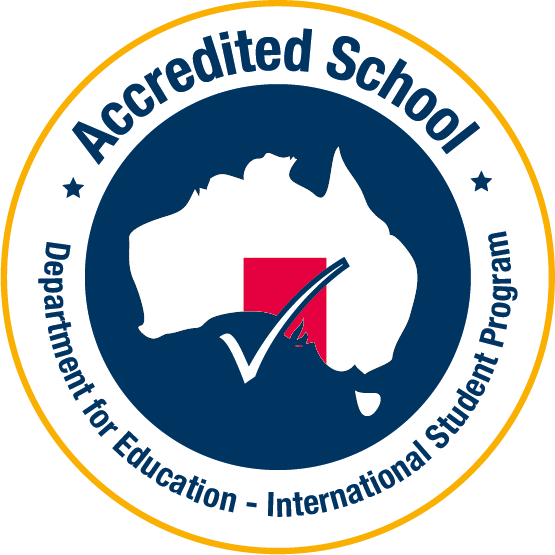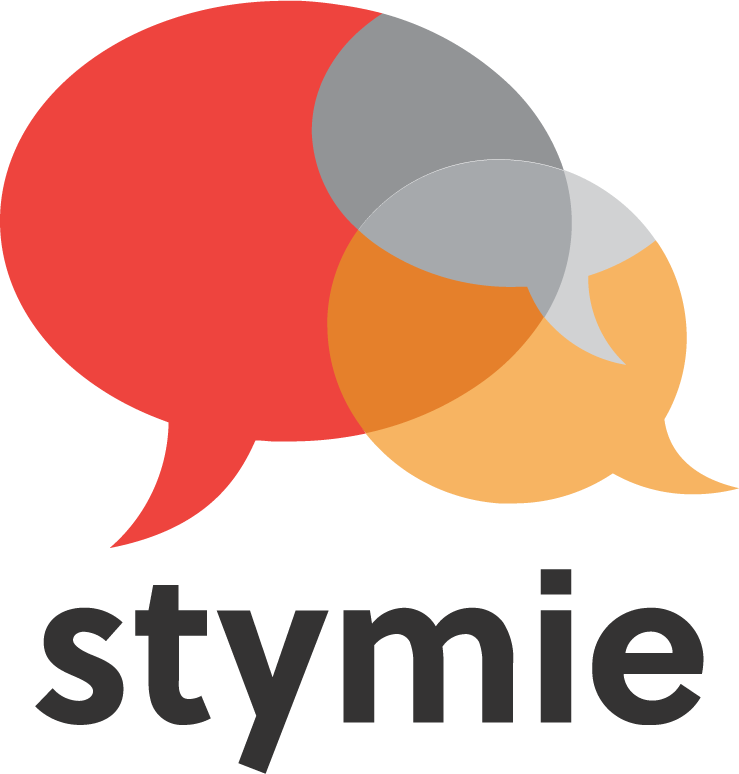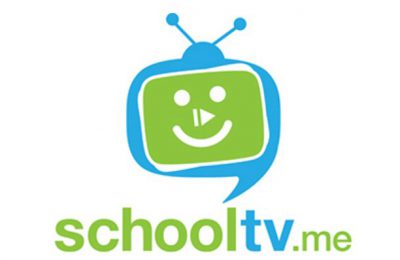Inclusive Education
The focus of personalised learning at Blackwood High School is to improve learning outcomes for students with additional functional need by reducing barriers to learning.
For most students, this can be achieved through Quality Differentiated Teaching Practices (QDTP).
For some students, supplementary, substantial or extensive adjustments are required to ensure that students can access, participate and achieve on the same basis as their peers.
Please direct initial queries or concerns about your child’s participation in their learning program to their Care Group Teacher first.
One Plans
For students with disabilities, a Department for Education One Plan is used to meet requirements under the Disability Discrimination Act (DDA) (1992) and the Disability Standards for Education (2005). This plan documents and informs planning for building skills using evidence based strategies to meet functional need. This is generated in consultation and collaboration with the high student, parent/caregivers, school staff and other key service providers.
One Plans are monitored by the Leader, Personalised Learning across all levels of schooling. Students with complex needs are case managed by the Leader, Personalised Learning and/or Leadership, as the need arises.
SMARTAR goals are developed for most students in the areas of literacy, numeracy and social/personal skill development. SMARTAR goals are negotiated with the student and family at the Student Progress Learning conversations, formal One Plan meeting, or via phone or e-mail with the student’s Care Group Teacher.
Learner Profile
Learner Profiles are developed for students with other neurodevelopmental disorders such as Specific Learning Disorder or Attention Hyperactivity Deficit Disorder (ADHD). Learner profiles assist teaching staff to adjust their learning program through Quality Differentiated Teaching Practices (QDTP) to meet the identified need of the learner.
Curriculum SSOs
Student Support Officers (SSOs) work with identified students to target skill building in the classroom setting. They may work with individual students, small groups or enable the subject teacher time with students with additional needs.
SSOs also operate in the Interoception room and deliver the MacqLit Program under the guidance of the Leader, Personalised Learning.
Targeted intervention programs
The Macqlit Program is an evidence-based Literacy intervention program developed by Macquarie University. Students are tested for eligibility based on consultation with families/caregivers, teaching staff and key service provider recommendations, such as a Speech Pathologist. If a student is eligible and consent it provided by the family/caregivers, they start based on their placement test. The program is delivered 3-4 times/week, each lesson lasting 50 minutes. It is generally a 25-week commitment with reinforced reading to occur regularly at home to achieve optimal results.
Interoception
Interoception is an internal sense that sends messages to the brain regarding the physical and emotional state of the body for self-management and self-regulation. Interoception skills are needed to recognise simple daily living skills needing the toilet, being hungry or thirsty or becoming aware that you are becoming angry or upset. Interoception is a pre?requisite skill for self?management and self?regulation so developing interoception skills is a priority to meet the functional needs of students with poor interoception awareness.
Interoception Room
Students access this space when they need support to develop interoception and to manage sensory overload. They participate in interoception activities and return to the class when they are ready to learn. This is negotiated with students, family and staff. Students can also check into the room from 8:30 – 8:40 for support to start their day well.
Year 7 transition to High School
This program supports students nominated by Primary School staff as needing additional support to transition to high school. It includes transition planning meetings and opportunities for students to become familiar with the school and staff prior to the formal transition day and first day of high school.
Lunch Club
Open every lunch time with a variety of activities to promote belonging and connection to the school. Activities include Minecraft, Chess, card games, viewing short films, Lego and Boccia.
School developed sessions targeting social skills development
- Mindful Art
- Lego Project
- Kitchen Garden
- Healthy Relationships
Department for Education programs
- Inclusive Education Support Program (IESP)
- Special Education Resource Unit (SERU)
- Students with Disability Swimming Program
- Students with Disability Transition Pathways program
External programs
Autism SA
School Inclusion Program – now only available to Autism SA clients via their NDIS plan
Barkuma Transition program
Designed to assist final year students with disability and specific learning disabilities to make the smooth transition from school to future pathways.
School Sport SA – Boccia Parallel Carnival
The school has entered a team in this inclusive sporting event for the last two years. Students thoroughly enjoy this day.
National Consistent Collection of Data (NCCD)
This is an annual collection of information about Australian school students with disability. The NCCD helps our school to better understand the needs of students with disability and how they can be best supported at school.
Flexible Learning Options (FLO)
For students facing significant barriers to learning in a mainstream school, a range of options can be explored through a Flexible Learning Options enrolment. Students work 1:1 with a case manager to develop a learning pathway that they are comfortable with.
High Band Learners
High band learners are identified through school data and monitored in all subjects. Extension is provided in all classes as required and acceleration is considered in consultation with the student’s family, the Curriculum Leader and the Executive Leadership Team.
Useful links
- MacqLit
- SPELD
- Autism SA
- Department for Education – Interoception information
- Microsoft 365 – inclusive technology
- Barkuma
To discuss your child’s learner profile and how we can work together to support your child’s learning, please contact the Personalised Learning Leader.







